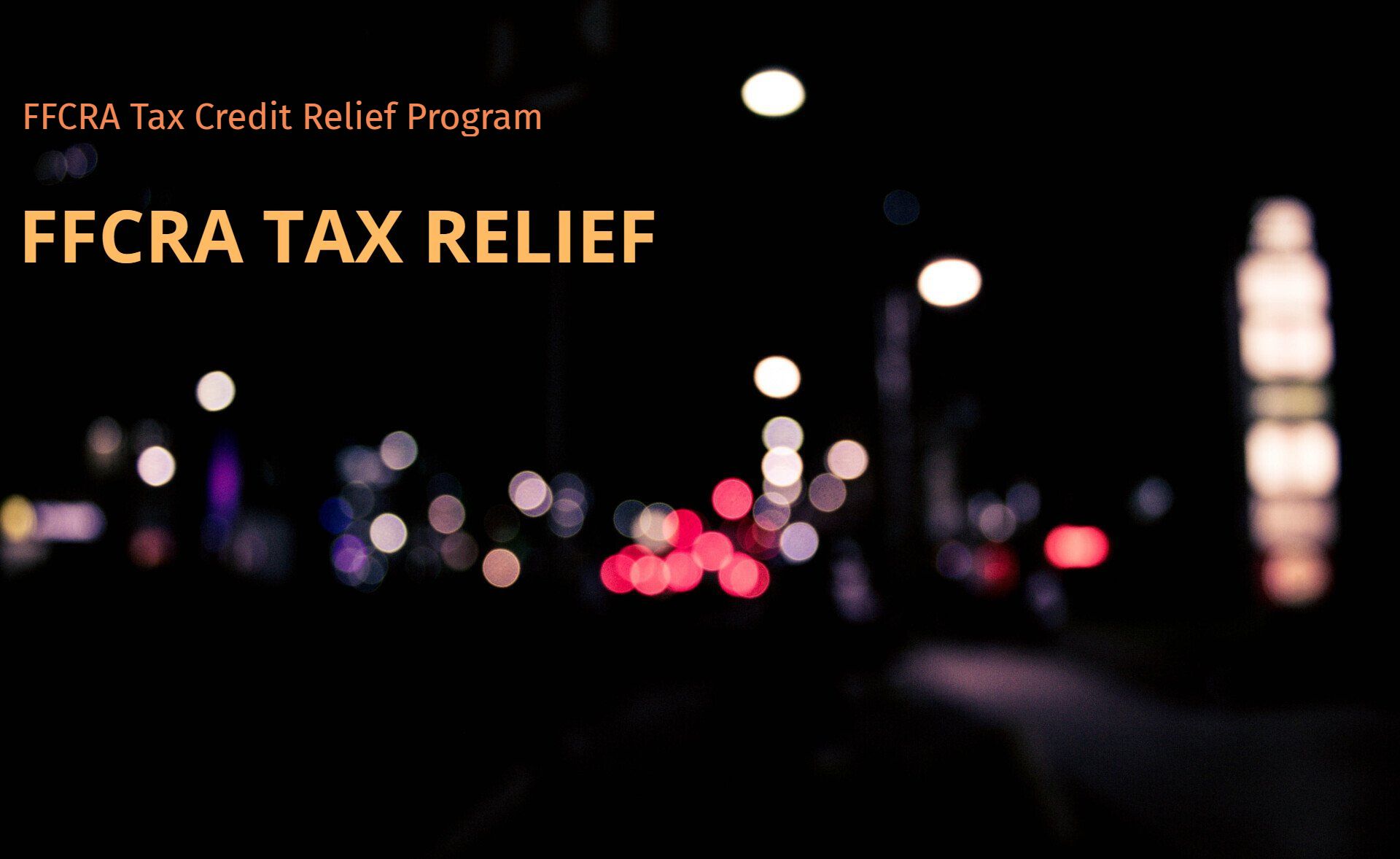FFCRA Tax Reief
Contact FFCRA Tax Relief and speak to one of our SETC specialists and they will help you find out if you qualify for SETC Tax Credits today!
Call: (877) 749 -3195
FFCRA Credits Call: 877-749-3195
Families First Coronavirus Response Act
If you are self-employed you can Claim FFCRA Tax Credits today!
if you filed a 1099 or schedule C or 1065...You may qualify for SETC Refund Today!
What is FFCRA?
Covid Sick Pay for Self Employed who missed work during Covid-19
If you filed a 1099 - schedule 1040 C you may qualify for paid sick leave from Covid in 2020, 2021, and 2022 with the FFCRA Reimbursement Refund.
Families First Coronavirus Response Act (FFCRA) provides self-employed Covid sick pay for paid leave from Covid 10. The FFCRA Credits are refundable tax credits that get reimbursed, dollar-for-dollar for the cost of providing paid sick leave and for missing work due to Covid. The FFCRA credits are available to eligible self employed businesses or sole proprietors who filed a 1099 or Schedule C-1040 or Partnership (1065) on your federal tax returns for 2020 and/ or 2021. This is a relief payment from the government for enduring Covid-19.
Covid Relief for Self Employed with No Employees can get FFCRA Credits:
- for self employed with sick leave credits
- for self employed child tax credit
- for self employed who had a business during Covid-19
- for self employed who took care of a loved one during Covid-19
- for self employed who quarantined during Covid-19
- for self employed who filed a 1099, Schedule C-1040 or Partnership 1065
The FFCRA Reimbursement is Not a Loan; You do Not have to Pay it Back!
For a FREE Consultation - Call: 877-749-3195
Almost every American was negatively impacted by Covid-19. Now you can qualify for FFCRA Credits for Self Employed that are refundable Tax Credits. The SETC tax credits are available to eligible self employed businesses or sole proprietors who filed a 1099 or Schedule C-1040 or Partnership (1065) on your federal tax returns for 2020 and/ or 2021. What is FFCRA Credit?
This is a TAX relief payment from the government for enduring Covid-19 pandemic.
How do I claim my FFCRA Tax Credit from the Families First Coronavirus Response Act (FFCRA)
FFCRA Credits:
In March 2020, the Families First Coronavirus Response Act (FFCRA) was signed into law to help companies offer paid sick leave and unemployment benefits caused by COVID-19. Initially the FFCRA focused on employers with W-2 employees to help them weather the economic impact caused by the pandemic.
In December 2020 Congress passed the Coronavirus Aid, Relief, and Economic Security (CARES) Act which expanded the FFCRA to cover not only employers, but the self-employed. Thanks to the FFCRA expansion self-employed individuals, freelancers, independent contractors, and gig workers are now eligible for tax credits that pay you back for the time you would’ve normally spent earning money that was lost because of COVID.
Find out if you qualify for FFCRA / SETC Tax Credits
Questions you may ask about FFCRA - Families First Coronavirus Response Act


